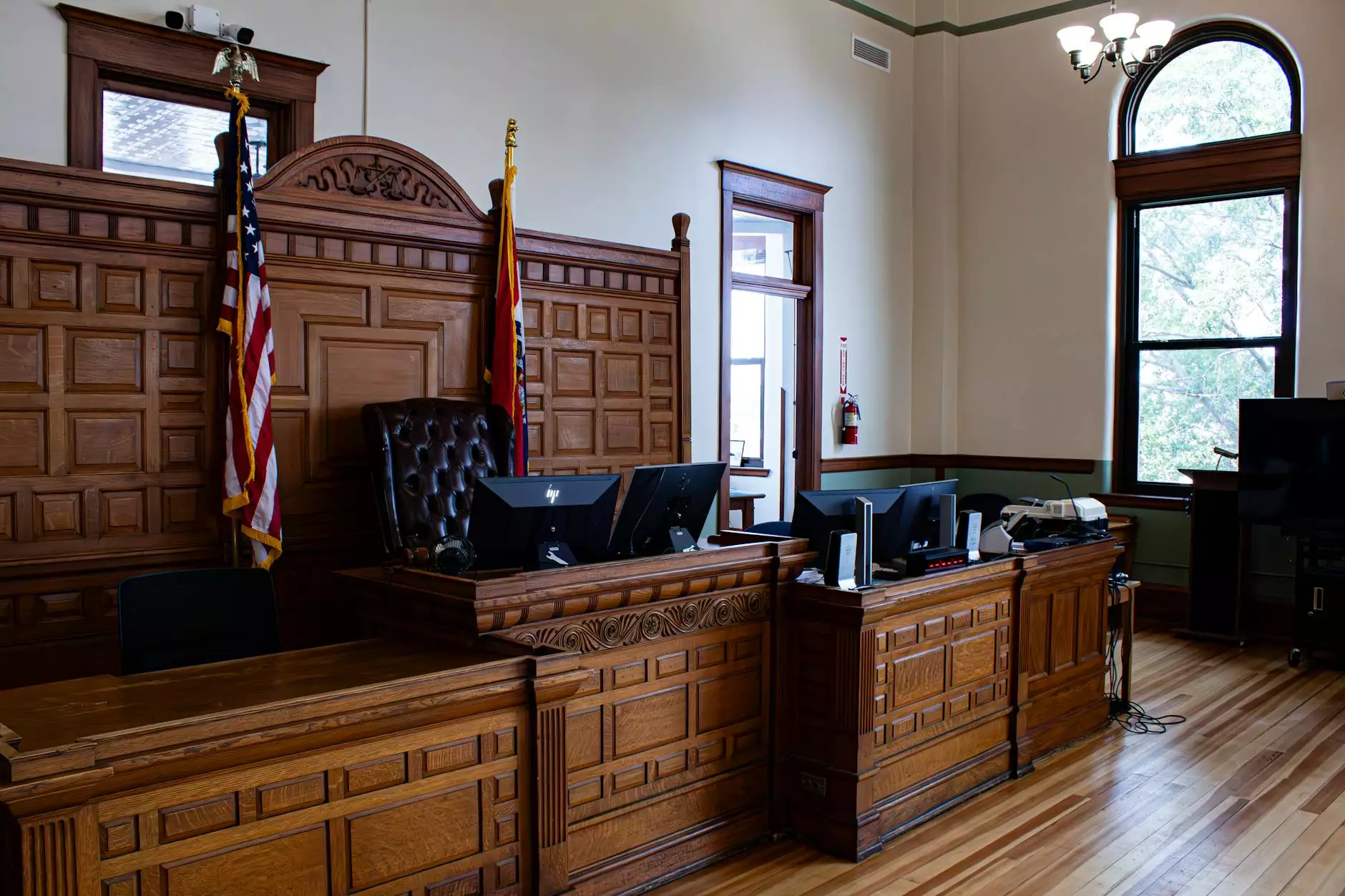Adverse Possession in Washington State: A Comprehensive Guide

Adverse possession is a legal doctrine that grants individuals the ability to claim ownership of land after possessing it under certain conditions. In Washington State, this doctrine is particularly important for those who may find themselves engaging in land use that could lead to a claim of ownership. Understanding the criteria for establishing adverse possession can protect one's rights and future investments in real estate.
What is Adverse Possession?
At its core, adverse possession allows a person who occupies a piece of land to gain legal title to that property, even against the wishes of the true owner. The intent behind this doctrine is to encourage the productive use of land and to resolve disputes regarding property ownership efficiently. However, strict requirements must be fulfilled for a successful claim.
The Key Elements of Adverse Possession in Washington State
In Washington, an individual seeking to establish a claim of adverse possession must meet five critical elements:
1. Actual Possession
The first requirement is actual possession, which means that the claimant must physically occupy the land. This occupation should be evident and in line with the nature of the land. For example, if the land is used for agricultural purposes, it should be farmed or otherwise utilized appropriately. Physical occupation confirms that the claimant has taken steps to assert control over the property.
2. Open and Notorious Possession
The second criterion is that the possession must be open and notorious. This means that the occupation of the property must be clear and apparent to anyone, including the rightful owner. The significance of this element is that it protects the rights of property owners who might be unaware of the use of their land. Visibility ensures that the true owner has the opportunity to notice the occupation and take action if desired.
3. Exclusive Possession
In Washington, the claimant must demonstrate exclusive possession of the property. This means that the claimant is the only person using the land, not sharing it with the true owner or the public. Exclusive possession emphasizes the claimant's control over the property, reinforcing their claim to ownership.
4. Hostile Possession
The possession must be hostile, meaning it occurs without the permission of the original owner. Hostile possession doesn't imply animosity; rather, it indicates that the claimant's use of the property stands in contradiction to the rights of the true owner. Even if the claimant does not intend to harm the property owner's rights, this element must be satisfied for a claim of adverse possession to be valid.
5. Continuous Possession
The final requirement is that the possession must be continuous for a statutory period, which is typically ten years in Washington State. Continuous possession means that the claimant must not abandon the property during this time and should maintain consistent use and control over the land. Interruptions in possession can jeopardize a claim of adverse possession.
Understanding the Statutory Period and Its Implications
The statutory period for adverse possession in Washington State requires a continuous occupation of the property for ten years. This period begins the moment the claimant starts using the property in a manner that meets all the criteria discussed earlier. It is essential to note that the ten-year clock does not reset even if the true owner becomes aware of the possession, as long as the claimant's use has remained uninterrupted.
The Consequences and Challenges of Adverse Possession Claims
Engaging in a claim of adverse possession can lead to significant legal implications. For one, the process may involve complex legal procedures, including filing a lawsuit to establish ownership in court. Additionally, the original owner has the right to contest the claim, and if they can present evidence preventing the claim from being valid, this could result in the rejection of the adverse possession claim.
Legal Assistance: The Importance of Expert Guidance
Given the complexities surrounding adverse possession claims, it is often critical to seek legal assistance from experienced real estate attorneys. They can help navigate the legal intricacies, ensuring that you meet all necessary requirements and deadlines. A qualified attorney will also provide the guidance needed to build a robust case, should you need to pursue a claim in court.
Case Studies: Real-Life Examples of Adverse Possession
To understand how adverse possession plays out in real life, it is helpful to examine some examples:
Example 1: Long-term Farming
In one scenario, a family inherited a piece of land but never used it. Meanwhile, a neighbor began farming the land without permission. Over the years, the neighbor actively occupied and farmed this land for over ten years. Since the neighbor's use was obvious, exclusive, and without permission, they successfully claimed ownership through adverse possession.
Example 2: Unmaintained Land
In a different case, an individual moved into a vacant property left abandoned. Over the course of a decade, they maintained the house, landscaped the yard, and made improvements. The rightful owner, who had lost track of the property, was unable to challenge the claim due to the clear demonstration of continuous and notorious possession by the occupant.
Conclusion: The Significance of Understanding Adverse Possession in Real Estate
In summary, adverse possession in Washington State is a powerful legal doctrine that can lead to significant changes in property ownership. By understanding the five essential elements of actual, open and notorious, exclusive, hostile, and continuous possession, individuals can better navigate their rights and responsibilities regarding land use. Whether you’re a landowner or potential claimant, awareness of adverse possession laws is crucial for protecting your interests in real estate.
For personalized guidance tailored to your unique situation, consider consulting with a qualified attorney specializing in real estate law. With expert assistance, you can address any potential property disputes and explore your rights regarding adverse possession in Washington State.
adverse possession washington state








